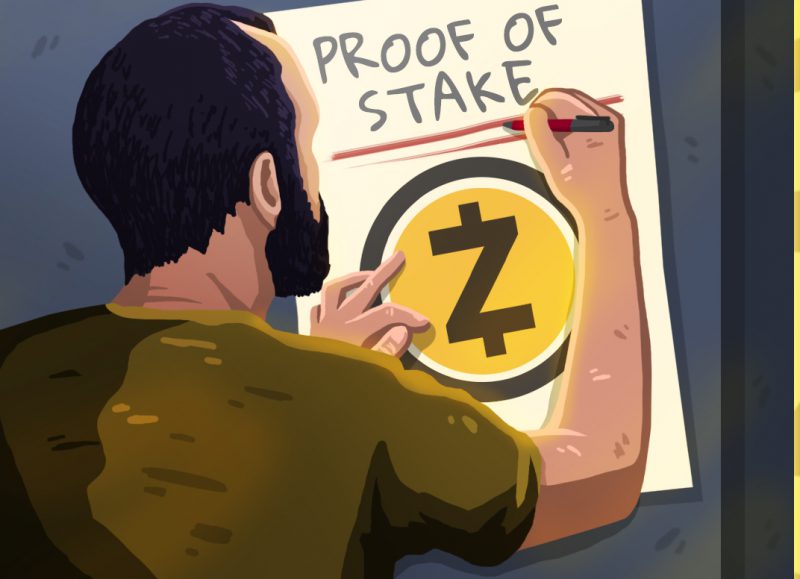Despite the crypto market’s high volatility, holding bitcoin for the long term has proven to be a successful trading technique for generating a profit. Holding bitcoin has been profitable for 3,875 of its 4,182-day lifespan (92 percent ), according to Lookintobitcoin data. While some people seek to profit from market volatility by actively trading cryptocurrency, others simply want a more hands-off strategy to grow their wealth. Staking assets is regarded as one of the best ways for crypto holders to earn passive income among the options available.
Before getting started on staking, there are a few things you need to keep in mind.
Staking is only available for blockchains that use the proof-of-stake method of consensus. This method chooses transaction validators – those who help add fresh data to the blockchain for a fee – based on the number of coins they have locked up. The proof-of-stake technique offers faster transaction rates and is easier to use. It also has a far smaller environmental impact, which is becoming increasingly desirable as countries around the world address climate change.
Below are the top cryptocurrencies for staking your tokens.
Solana (SOL)


Solana (SOL) is a smart contract platform based on the blockchain that is specifically built for creating decentralized applications (dApps). Solana’s native SOL coin is a tradable token that can be used to pay for network fees and facilitate on-chain transactions.
Users who participate in the network as validators or delegated stakers can earn Solana staking incentives. Validators are in charge of processing transactions and keeping the Solana network up and running. SOL users that use Solana wallets like Phantom to delegate their tokens to stake pool operators for staking incentives are known as delegated stakers.
Solana differs from other well-known PoS blockchains in that it employs a proof-of-history (PoH) consensus technique for timestamping. Solana achieves an incredible block time of 400 milliseconds by mixing PoS and PoH. Cardano has a block duration of 20 seconds, while Ethereum generates a new block every 13 seconds.
On Solana, the benefits for validators and delegators are mutually aligned. Validators who have more SOL delegates have more chances to record transactions on the blockchain, resulting in larger rewards for both the validator and the delegator.
To know more, visit the Solana website.
Cardano (ADA)


Stake delegation and hosting a stake pool are two ways to gain staking incentives on Cardano. Delegation allows ADA holders to delegate their ADA to stake pools without requiring network connection or any required gear. Staking pools can be found via IOG’s Daedalus wallet or Emurgo’s Yoroi wallet for ADA holders wanting to stake their tokens.
Stake pool operators are individuals who are capable of maintaining a network node’s uptime to keep the network secure. The Cardano network employs game theory to determine which stake pool will build the next block on the chain, with the probability of being chosen as a “slot leader” increasing in proportion to the total amount of ADA staked.
A delegate staking 1,000 ADA would earn 46.08 ADA (4.61 percent APY), while a delegate running a stake pool might earn up to 77,185.05 ADA, according to Cardano’s calculations (7,718.51 percent APY).
A complete guide is also available.
Polkadot (DOT)


Validators are in charge of validating transactions on the Polkadot network, while nominators guarantee that validators follow the rules.
When a validator acts maliciously, both validators and their nominators lose a percentage of their staked DOT. This is known as slashing. Smart contracts embedded in the protocol handle this automatically. Nominators have fewer responsibilities than validators, and there are fewer prerequisites to become a nominator. For nominators, there is no minimum requirement for staking DOT, and no need to run a node or use specific hardware. However, because the network is limited to a total of 22,500 nominators, a minimum of 120 DOT is required to nominate.
Validators get an annual percentage yield of 112 %, according to Polkadex. Validators are also paid a commission by the platform’s nominators.
To know more about Polkadot, visit their website.





